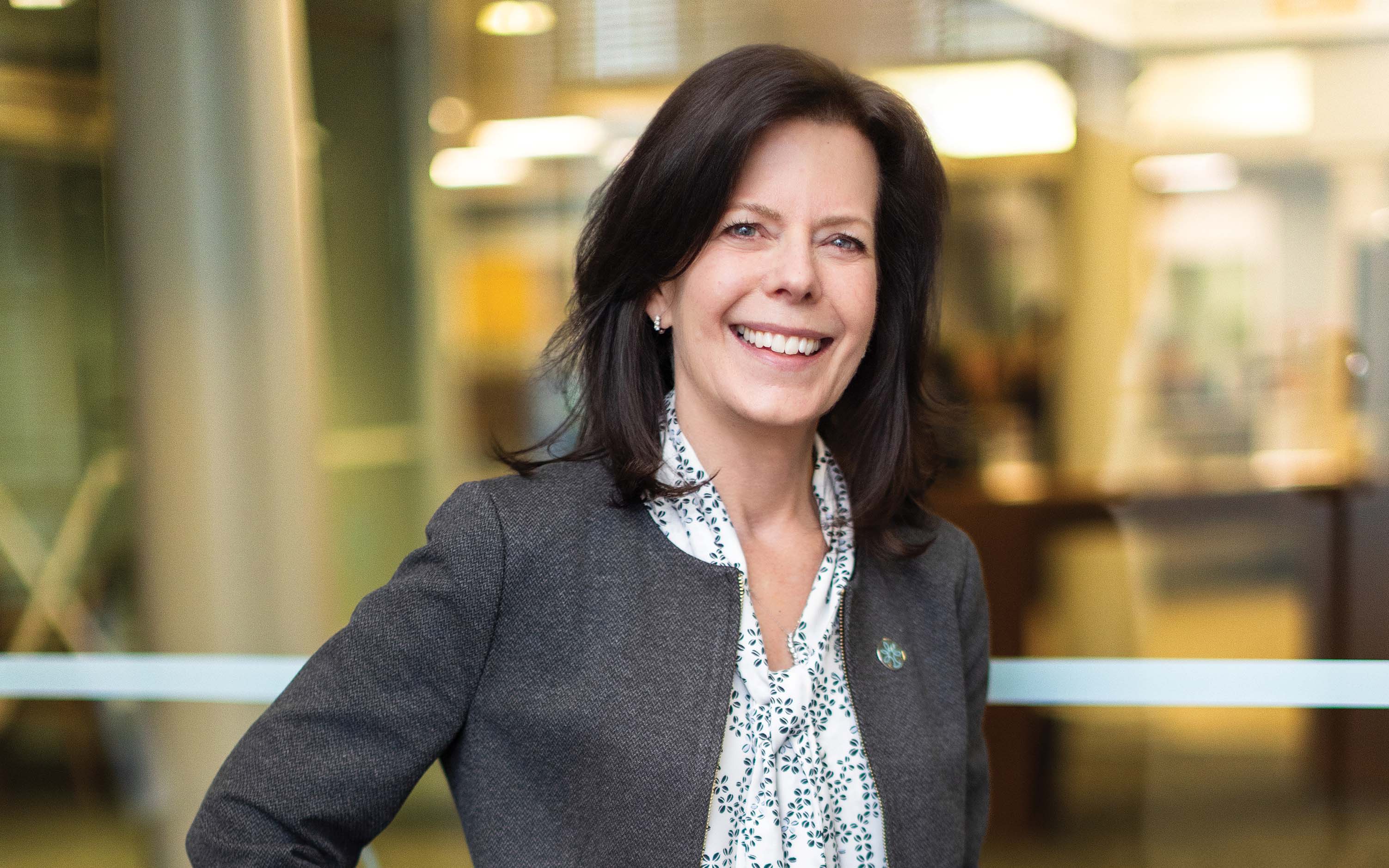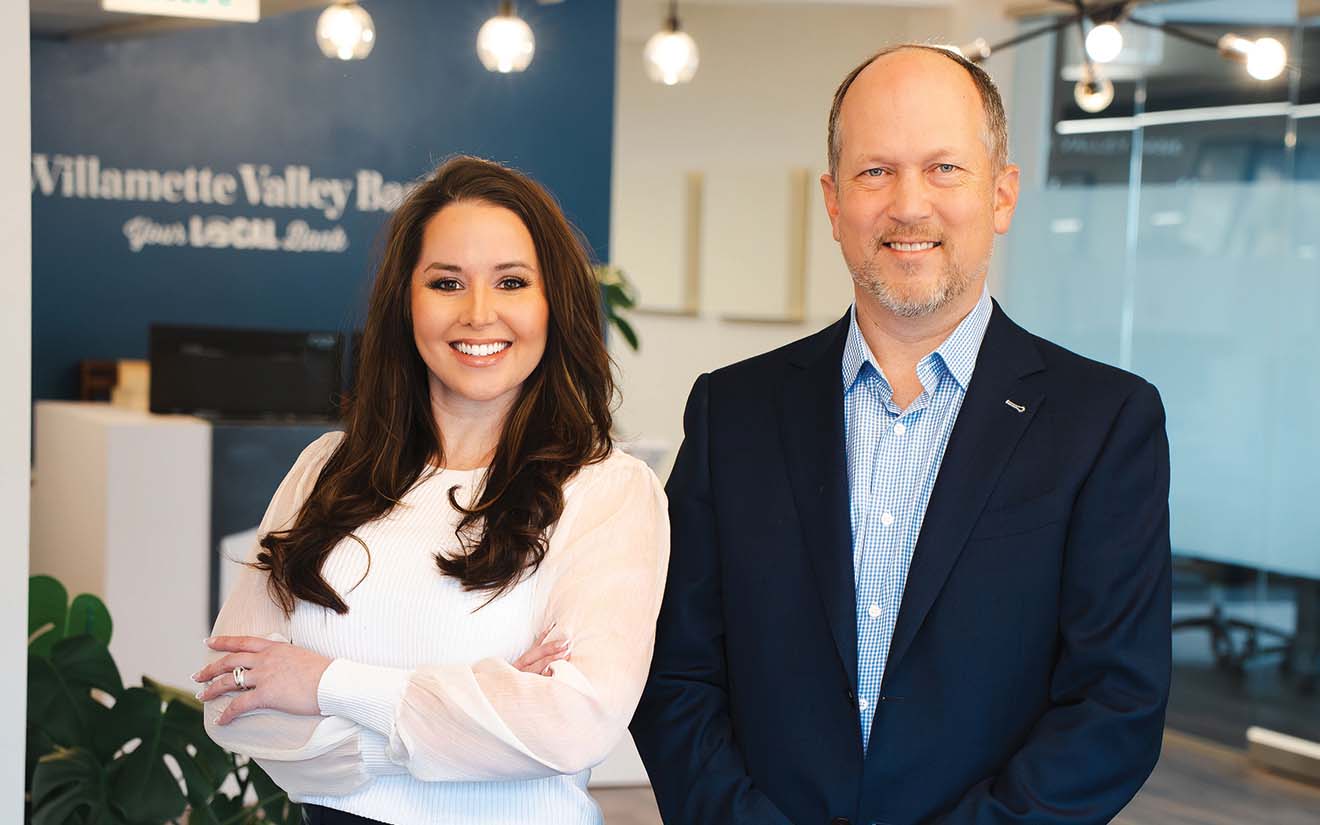In February 2025, ICBA welcomed Peter Nelson as senior EVP of member engagement. As a long-time community banker, Nelson brings with him a history of robust involvement with ICBA. Here’s a look at what he brings to the table in his new position and a peek at his goals for 2025 and beyond.
Powering Potential: ICBA Welcomes Peter Nelson
0525 Peter Nelson 2k
May 01, 2025 / By Bridget McCrea
In February 2025, ICBA welcomed Peter Nelson as senior EVP of member engagement. As a long-time community banker, Nelson brings with him a history of robust involvement with ICBA. Here’s a look at what he brings to the table in his new position and a peek at his goals for 2025 and beyond.
Q: You were previously president of Glenwood State Bank in Glenwood, Minn. What made you decide to join ICBA’s staff?
A: Well, I honestly wasn’t looking for a job. I had the opportunity to be on the board of directors for ICBA and became aware of the opening. I had been in banking since 1996; I enjoyed what I was doing and appreciated the worthwhile work of community banking. But when I heard about the position while attending an ICBA board meeting, it made me pause. Could I continue to participate in an industry I love, but at a national level? That led me to a “curiosity” call with [ICBA president and CEO] Rebeca Romero Rainey to find out more about the position. The more I learned about it, the more I realized this position was very much in alignment with my purpose, my passions and my strengths.
Q: How will your experience as a community banker benefit ICBA members in this new role?
A: My experience as a banker, a community bank owner and a volunteer leader in the industry has given me a solid understanding of the challenges and priorities faced by community banks. I am hopeful this insight will enhance ICBA’s ability to not only anticipate needs, but also provide more effective, tailored support to community banks. This should lead to our ultimate goal of helping community banks be successful.
Q: How will you help ICBA members feel more fully engaged with the association?
A: One of the most important things I can do is be a good listener. As much as my experience as a banker will give me a good baseline knowledge, I recognize that no two banks are alike. Therefore, I need to understand these differences. In addition, our industry continues to change and evolve, so doing all I can to understand how these changes may or may not impact our members will be critical. ICBA does a great job of listening, and we can hopefully double down on that to learn more about what members truly want their association to do, including lobbying, education and innovation.
Q: What do you see as the greatest benefits ICBA offers its community bank members?
A: In my experience as a former community banker, there is no question that without the strong lobbying efforts dedicated to [our industry], community banks would not exist today. … The most fun [benefits] have been events such as [ICBA] LIVE and Capital Summit, but those also have provided value to our franchise beyond enjoyment. … I guess the answer is, we have needed it all in order to be successful, and we will continue to need it all to be successful.
Q: What else would you like ICBA members to know about what you’ll be working on?
A: The community banking industry has a story that needs to be told. It is not a coincidence that the United States boasts the most robust financial system in the world and is the only country to have our unparalleled community banking presence. When community banks are present, everyone wins. Local community banks are willing to take risks that larger banks might avoid. And a local community bank will reinvest back into the community its dollars and volunteer hours—it takes both—to make the community the best it can be. … The bottom line is, there’s a huge opportunity to make sure people understand how vital and amazing community banks are, and I want to shout that from the mountaintops.
Glenwood State Bank and ICBA: partners since 1930
Peter Nelson joins ICBA from Glenwood State Bank, which was chartered in 1907 in Glenwood, Minn. Glenwood State Bank has a rich history as a community-focused, family-run institution and was a founding member of ICBA in 1930.
The bank’s legacy of family leadership dates back to 1959, when Dennis Martinson joined Glenwood State Bank in 1959 and served as president for 23 years. Kari Nelson, Martinson’s daughter and Peter Nelson’s wife, has served as an integral part of the bank’s leadership since 1996 and is now the president.
Peter Nelson assumed the role of president in 2006, guiding the bank until 2025. During his tenure, the community bank expanded its assets from approximately $49 million to $735 million and grew to five locations across three bank charters, having acquired both Lowry State Bank and the First National Bank of Osakis.
Subscribe now
Sign up for the Independent Banker newsletter to receive twice-monthly emails about new issues and must-read content you might have missed.
Sponsored Content
Featured Webinars
Join ICBA Community
Interested in discussing this and other topics? Network with and learn from your peers with the app designed for community bankers.
Subscribe Today
Sign up for Independent Banker eNews to receive twice-monthly emails that alert you when a new issue drops and highlight must-read content you might have missed.
News Watch Today

Join the Conversation with ICBA Community
ICBA Community is an online platform led by community bankers to foster connections, collaborations, and discussions on industry news, best practices, and regulations, while promoting networking, mentorship, and member feedback to guide future initiatives.













